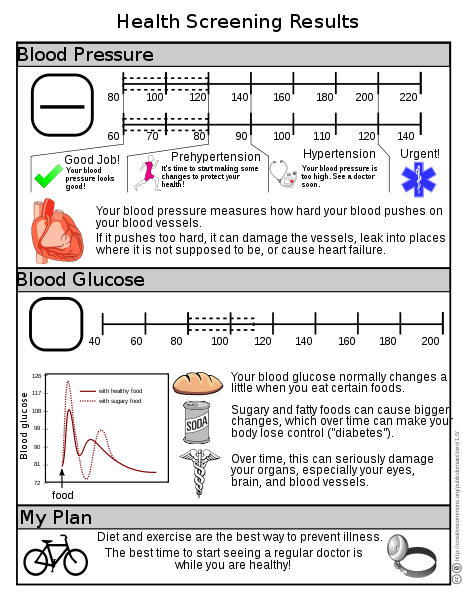 Your first choice for life insurance should be a product that requires a paramedical exam. Coverage is much less expensive. Why AARP and other marketing to seniors doesn’t advise this is a sad state of affairs. A paramed is part of fully underwritten life insurance where an underwriter reviews your blood test results and often your medical records. Think of it as a free health evaluation. This is extremely valuable, if one hasn’t had a recent blood test to tip you off to any spikes outside the normal range. Even if you regularly go for an annual physical, the feedback is different with a life application because the rate classification given to you: preferred, standard, or whatever grades the results. Feedback in your medical records is valuable too. A good number of people don’t know or fully understand what’s in their medical records. Doctors may soft peddle their evaluation. Often crucial facts or advice from a doctor’s is not fully understood or remembered. Applicants get a more realistic appraisal of their records when health information contained in it affects their rate classification and premium. “What do you mean I’m not a preferred plus?” Understanding why is a reality check.
Your first choice for life insurance should be a product that requires a paramedical exam. Coverage is much less expensive. Why AARP and other marketing to seniors doesn’t advise this is a sad state of affairs. A paramed is part of fully underwritten life insurance where an underwriter reviews your blood test results and often your medical records. Think of it as a free health evaluation. This is extremely valuable, if one hasn’t had a recent blood test to tip you off to any spikes outside the normal range. Even if you regularly go for an annual physical, the feedback is different with a life application because the rate classification given to you: preferred, standard, or whatever grades the results. Feedback in your medical records is valuable too. A good number of people don’t know or fully understand what’s in their medical records. Doctors may soft peddle their evaluation. Often crucial facts or advice from a doctor’s is not fully understood or remembered. Applicants get a more realistic appraisal of their records when health information contained in it affects their rate classification and premium. “What do you mean I’m not a preferred plus?” Understanding why is a reality check.
Tips for Best Results
I advise my clients to fast at least 12 hours to get their purest cholesterol results. This means most paramed exams should take place in the morning. Fasting includes beverages like juice and coffee. Some examiners say black sugarless coffee is okay, but I advise to skip it. Just drink water. You’re going for your best results, after all. Also avoid sludgy high cholesterol foods several days before the exam. If you’re not feeling well before the exam, or not able to give your best results, cancel and reschedule. Here are some other tips.
- Schedule the appointment at the least stressful time of the day
- Schedule your exam at a time when you are not rushed to minimize elevated blood pressure readings.
- Artificially high blood pressure and pulse readings may be caused by alcohol, tobacco, caffeine and stress.
- Limit salt intake and high cholesterol foods for at least 48 hours before your exam.
- You should not engage in strenuous physical activities 24 hours before the examination.
- Get plenty of sleep the previous night.
- For at least 8 hours before you exam, avoid all alcoholic beverages.
- If at all possible, you should fast for at least eight hours prior to the examination unless otherwise instructed.
- Avoid tobacco in all forms and caffeinated beverage at least 1 hour before your exam.
- Obtaining a urine specimen will be easier if you drink a large glass of water an hour before your exam.
- Please advise your paramedical examiner with regard to any medication you are taking, including all non-prescription medications.
Images: Wikimedia Commons
